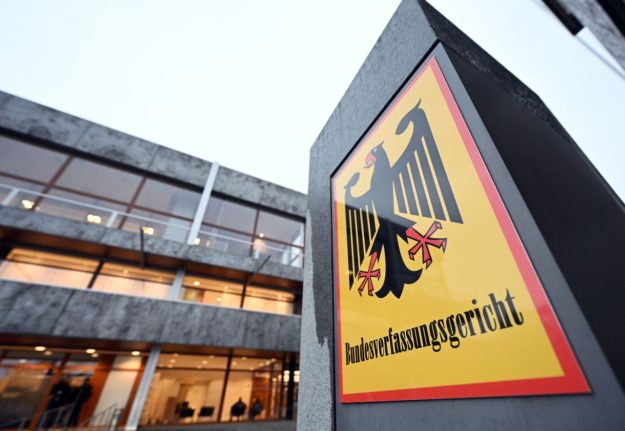The index had started to move into the black already during morning trading but the increase accelerated when the Greek minister of finance Evangelos Venizelos announced that Greece would be receiving the emergency loan the country needs to avoid bankruptcy.
“”The disbursement will take place, and it will take place on time,” Venizelos said, according to news agency Reuters.
Venizelos also said Greece must endure more cutbacks, expected in October, to get the loan and to pass from a vicious to a virtuous economic cycle.
According to news agency TT it seems that the hitherto hesitant members of the governing party Pasok have fallen in line and will vote in favour of the cut backs.
The Greek parliament voted later Tuesday to back a hugely unpopular property tax, one of a several new austerity measures aimed at getting the country’s econonomy back on track.
The vote reduced the risk of a default and a Pan-European bank crisis and was well received by stock markets across Europe.
London’s FTSE index climbed 4.2 percent, the Paris CAC up 5.7 and the Frankfurt DAX ended the day up 5.3 percent.
In Stockholm, the banks were among the overall winners with an index rise of 8.4 percent.
Nordea rose by 9.9 percent, Swedbank by 8.9, SEB by 7.9 and Handelsbanken by 5.5 percent.
Energy firms also climbed strongly with Lundin Petroleum up 8.9 percent and Alliance Oil up 5.7 percent.


 Please whitelist us to continue reading.
Please whitelist us to continue reading.
Member comments